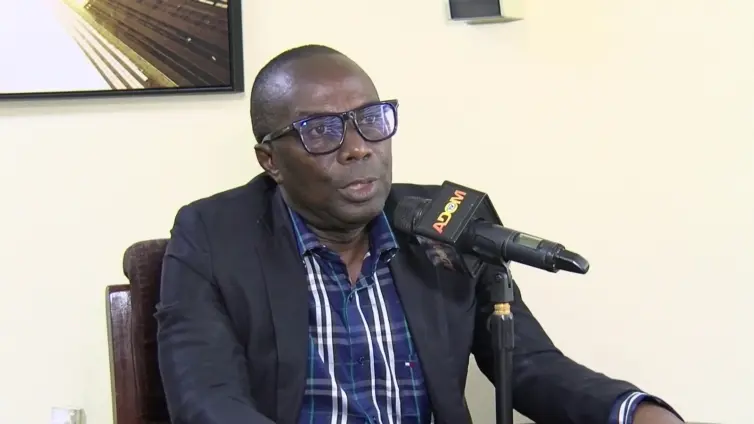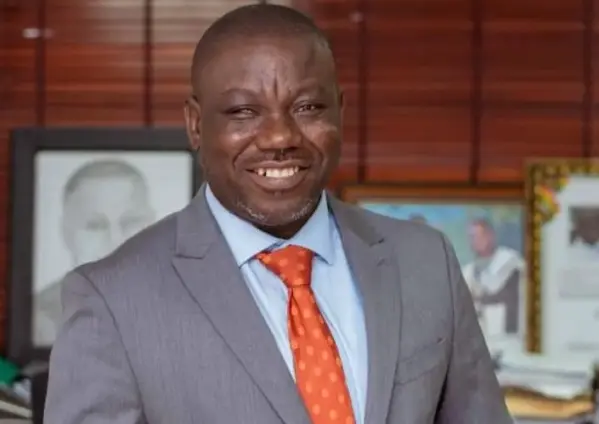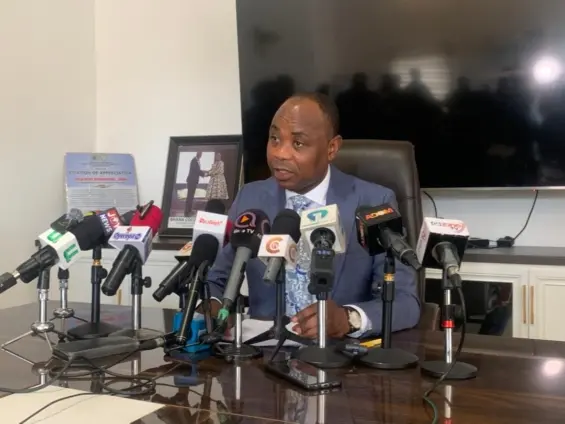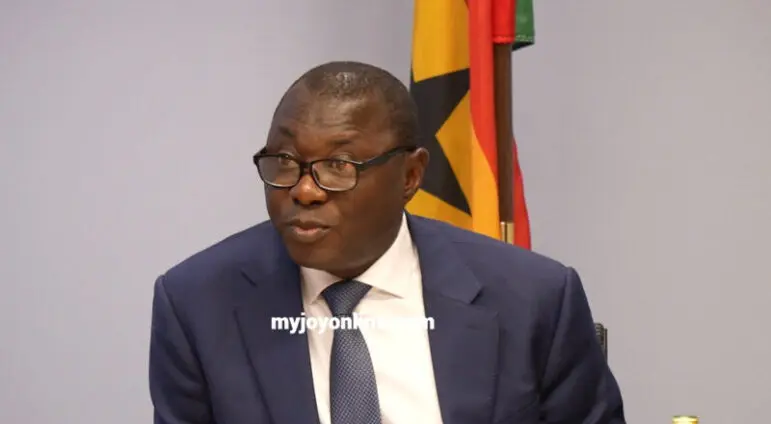In Ghana, the Institution of Engineering and Technology (IET) is pressing President John Mahama to act swiftly in establishing and inaugurating essential statutory boards. According to IET President, Engr. Henry Kwadwo Boateng, the delays in forming bodies like the Engineering Council Board and the Public Procurement Authority (PPA) Board are leading to bureaucratic inefficiencies, hindering public service delivery. The absence of these boards, particularly the Engineering Council, which oversees the licensing of engineers, is causing significant disruptions within the sector. This has prompted urgent calls for Mahama to intervene and ensure these critical institutions are operational to enhance governance and facilitate project implementation.
Statutory boards play a crucial role in Ghana’s governance structure. They are essential for effective service delivery and the implementation of government policies across various sectors. Engr. Boateng emphasized that these boards are vital for ensuring the smooth functioning of government initiatives, as they provide regulatory oversight and facilitate decision-making processes.
The IET’s concerns center on the significant delays in constituting these essential boards, especially the Engineering Council Board. This delay has brought the licensing process for engineers to a standstill, disrupting regulatory functions and adversely affecting the engineering profession. Engineers are required to renew their licenses annually, but without the Engineering Council Board in place, this process has stalled, creating a significant backlog. Applications typically go through the Registrar of the Engineering Council, then to the Board’s Licensing Committee for vetting, before final approval by the full Board—a process now completely halted.
The absence of the Public Procurement Authority (PPA) Board is also a major concern. Ministries, Departments, Agencies, and Metropolitan, Municipal, and District Assemblies (MMDAs) depend on the PPA Board for timely decision-making and policy implementation. The delay is hampering the effective functioning of these bodies, slowing down public service delivery, and impeding the execution of government projects.
“Engineers are required to renew their licences annually, but without the Board in place, the process has stalled,” said Engr. Henry Kwadwo Boateng, underscoring the severity of the situation.
The IET is directly appealing to President Mahama to prioritize and expedite the appointment and swearing-in of these critical boards. Restoring these bodies is expected to significantly boost institutional efficiency and regulatory oversight, thereby supporting national development goals. The IET believes that prompt action will restore confidence and efficiency within these vital sectors.
Restoring the boards would lead to enhanced transparency and accountability, improving efficiency in both the engineering sector and the public service at large. It would boost institutional efficiency, improve regulatory oversight, and support national development goals. Engr. Boateng emphasized that the government must treat this matter with the urgency it deserves, as restoring these boards will enhance transparency, accountability, and efficiency in both the engineering sector and the public service at large.
In conclusion, the IET’s urgent call to President Mahama underscores the critical need for functional statutory boards to ensure efficient public service delivery and project implementation. The delays in constituting these boards, particularly the Engineering Council Board and the PPA Board, are causing significant disruptions. By prioritizing the appointment and swearing-in of these boards, the government can enhance transparency, accountability, and overall efficiency, ultimately supporting Ghana’s national development goals. The IET urges that Mahama address this issue with the necessary urgency to unlock the potential of the engineering sector and the broader public service.
Image Source: MYJOYONLINE






















